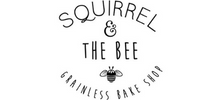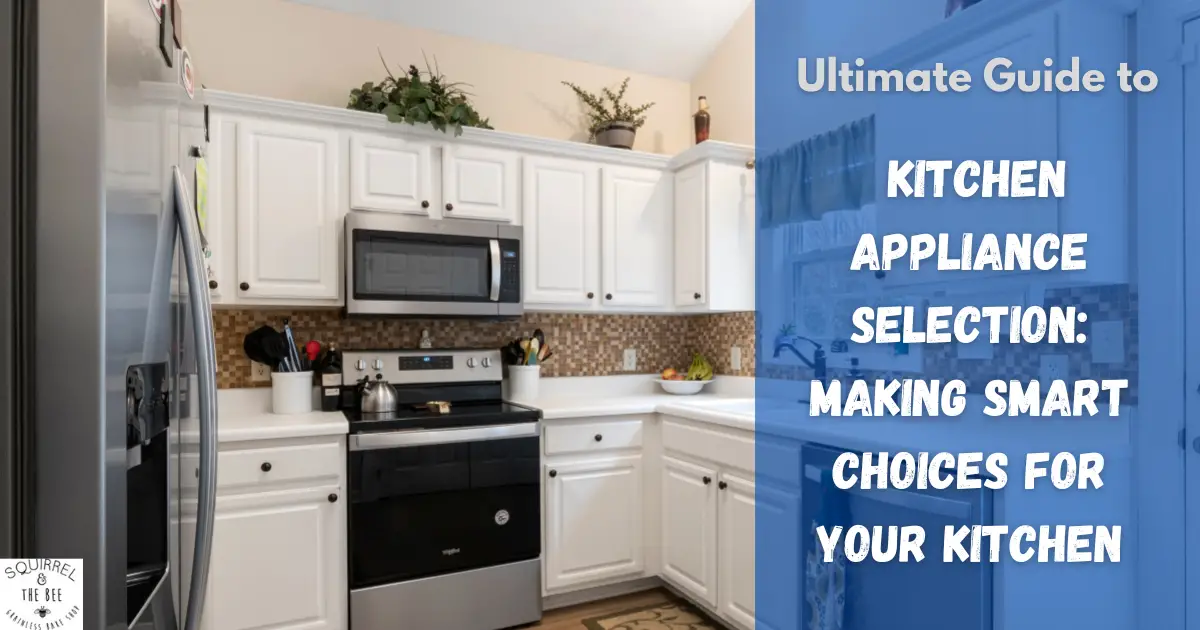Baking Polymer Clay in Your Home Oven: A Beginner’s Guide
Baking **polymer clay** at home is a fun and creative hobby that can produce beautiful, durable pieces. Whether you’re crafting jewelry, decorative items, or miniatures, **polymer clay** offers endless possibilities. In this guide, we’ll explore the basics of baking **polymer clay** in your home oven, focusing on the essentials for beginners. This guide is categorized under **ovens**, as much of the process involves using your oven effectively.
## Introduction to Polymer Clay
**Polymer clay** is a versatile material made from a mixture of resin and pigment, which hardens when exposed to heat. Unlike traditional clay, it doesn’t require a kiln, making it perfect for crafting at home. To bake **polymer clay**, you need a few simple tools: an oven, an oven thermometer, and baking paper or foil. Always check the packaging for specific baking instructions, as different brands have varying requirements.
## Preparing for Baking
Before you start, here are some essential steps to prepare your **polymer clay** for baking:
### Choosing the Right Oven
– **Conventional Oven**: Suitable for most **polymer clay** projects.
– **Toaster Oven**: Ideal for smaller pieces, as it heats more evenly and uses less energy.
– **Oven Thermometer**: Ensure your oven temperature is accurate, as incorrect temperatures can affect the quality of your **polymer clay** creations.
### Setting Up Your Workspace
– **Workspace Preparation**: Cover your work surface with paper or a silicone mat to prevent sticking.
– **Baking Paper or Foil**: Place your **polymer clay** creations on baking paper or foil, then on an oven tray.
### Safety Precautions
– Open windows for ventilation.
– Use oven gloves to handle hot trays.
– Wrap the tray in a towel to cool down slowly.
## Baking Polymer Clay
### Understanding Baking Times and Temperatures
– **Temperature**: Most **polymer clay** bakes between 230°F and 265°F (110°C to 130°C). Always check the packaging for specific temperature instructions.
– **Baking Time**: A general rule is to bake for 15-30 minutes. However, thicker pieces may require longer times, often 45 minutes per 1/4 inch (6 mm) of thickness[1][5].
### Tips for Optimal Baking
– **Ramp Baking**: This technique involves gradually increasing the temperature to minimize darkening. Start at a low temperature (around 175-200°F) and increase by increments of 15-30°F until reaching the recommended temperature[5].
– **Under Baking**: Bake at a lower temperature for a longer time to avoid darkening. However, this method risks incomplete curing, making the clay weak over time[5].
## Common Mistakes and Troubleshooting
### Common Mistakes
– **Overheating**: Burns or darkens the clay, making it unusable.
– **Underheating**: Leaves the clay soft or brittle.
– **Inconsistent Temperature**: Can cause uneven curing or dark spots.
### Troubleshooting
– **Burnt Clay**: Avoid baking at high temperatures for extended periods.
– **Brittle Clay**: May be due to low heat or insufficient baking time.
– **Darkening**: Can be minimized with ramp baking or under baking techniques.
## Advanced Techniques and Alternatives
### Advanced Techniques
– **Adding Powders or Textures**: Enhance your **polymer clay** creations with powders or textures before baking.
– **Structural Bases**: Use wire or metal bases for complex shapes or figurines.
– **Baking in Silicone Molds**: Achieve intricate designs by baking in molds.
### Alternatives to Baking
– **Air Drying Clay**: A good alternative for those without access to an oven.
– **Microwave-Safe Clay**: Some specialized clays can be cured in a microwave, but be cautious and follow instructions carefully[2].
## Conclusion
Baking **polymer clay** is a rewarding hobby that requires attention to detail but offers endless creative possibilities. By following these guidelines and practicing, you can become proficient in crafting beautiful **polymer clay** pieces in your home oven. Remember to always check the packaging for specific baking instructions and to adjust times based on thickness. Whether you’re a seasoned crafter or a beginner, **polymer clay** is a versatile material that can help you create unique items for personal use or gifts. Start experimenting today and explore the world of **polymer clay** crafting


